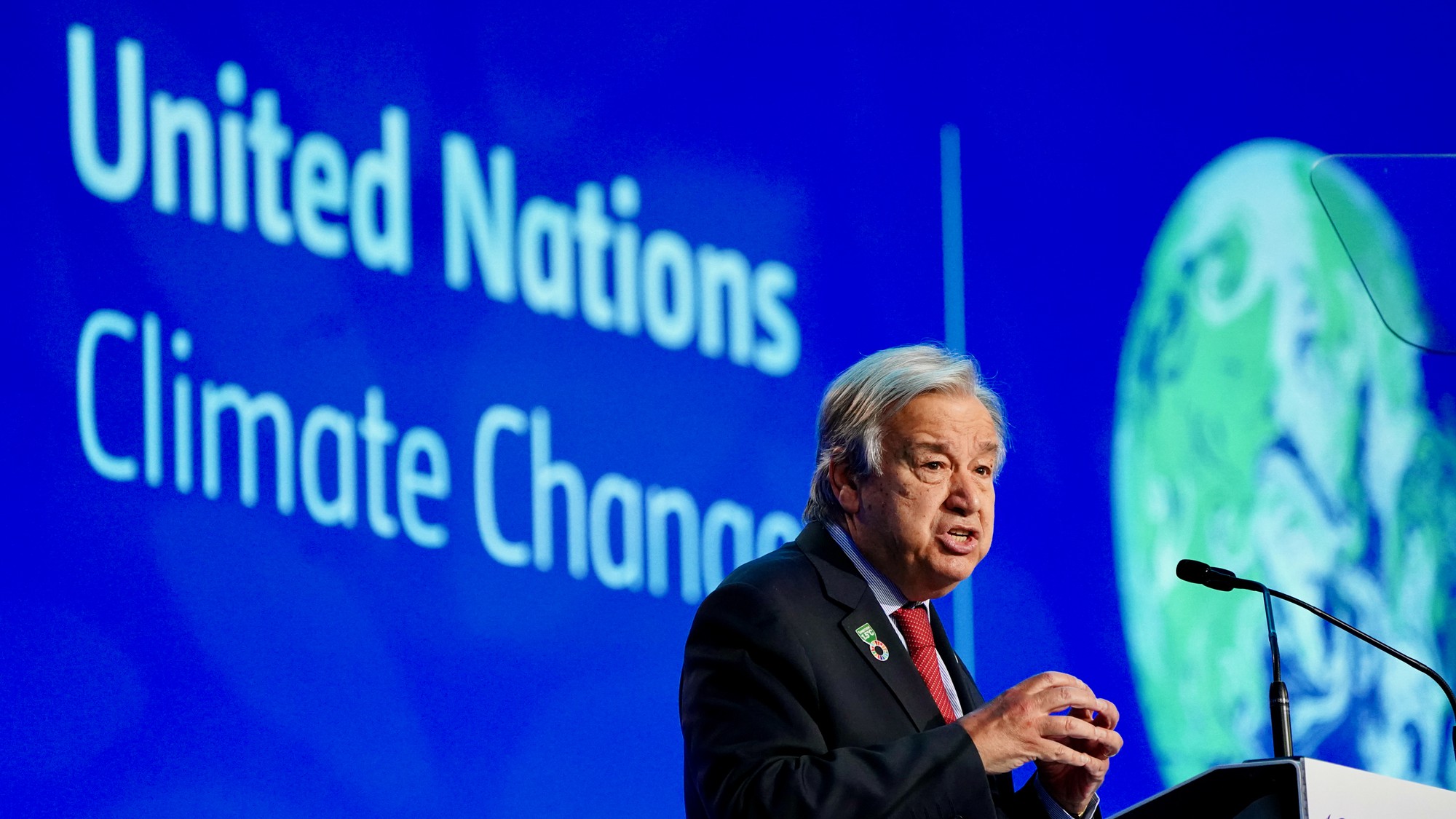The opportunity to properly confront climate change is slipping between the world’s fingers. If we don’t act now, it’ll be too late.
The Intergovernmental Panel on Climate Change’s (IPCC) new Synthesis Report shows that, while limiting temperature rise to 1.5 degrees is achievable, time is running out.
In his speech for the Synthesis Report, The United Nations Secretary-General Antonio Guterres set out an acceleration agenda to fast-track climate action across the globe.
This Acceleration Agenda calls on all big emitters to create national climate plans for 2030, with more ambitious emissions-reduction targets than they currently have in place.
Part of this agenda addresses the private sector. Specifically, Guterres called on them to work together with the government to tackle climate change.
The private sector is pivotal to achieving this 1.5-degree goal, but unfortunately, they have done nothing but enabled global warming thus far.
While G20 members agreed to stop funding new coal projects back in 2021, the same cannot be said about the private sector.
They have yet to make the same agreement, and many big-name banks and financial institutions are still investing vast amounts of money in new coal and fossil fuel projects.
Guterres said fossil fuel producers have been aware of their product’s devastating impacts on the earth since the ’70s. Even so, they ignored their own conclusive evidence to deceive the masses.
“Today, fossil fuel producers and their enablers are still racing to expand production, knowing full well that this business model is inconsistent with human survival,” Guterres said. “Now, this insanity belongs in science fiction, yet we know the ecosystem meltdown is cold, hard scientific fact.”
We do not have time to waste. Guterres said while the 1.5 C limit is still achievable, it will take serious advancements in climate action to attain.
“The climate time-bomb is ticking,” he said.
Even so, there has been a dramatic and nonsensical expansion of coal and fossil fuels since the war in Ukraine began, under the false guise of energy security.
The February report conducted by the International Energy Agency said we can still meet that 1.5-degree threshold, but only if new fossil fuel projects are put to an end.
The report showed that, not only are global fossil fuel consumption subsidies not decreasing, they’re actually increasing at an alarming rate. More specifically, they’ve doubled in the past year, to a staggering high of $1 trillion USD.
It is mind-boggling to see governments subsidize the pollution that is destroying our ecosystems.
The reality is, fossil fuels are still getting massive taxpayer-funded subsidies in most major economies. And indeed, one of Guterres’ calls to action in the renewables revolution is to immediately switch taxpayer-funded subsidies from fossil fuels to renewables.
The Glasgow Climate Pact was the final outcome of the UN Climate Change Conference in Glasgow (COP26), and emphasized the importance of phasing out fossil fuel subsidies throughout the shift to clean energy.
And while the private sector has a long way to go in order to achieve 2050 climate targets, there is hope.
There needs to be accountability, and far more responsibility from private sector financing to stop supporting the most egregious, damaging investments in new fossil fuel initiatives.
Instead, they need to start investing in renewables and climate resilience measures to prevent large-scale climate chaos.

